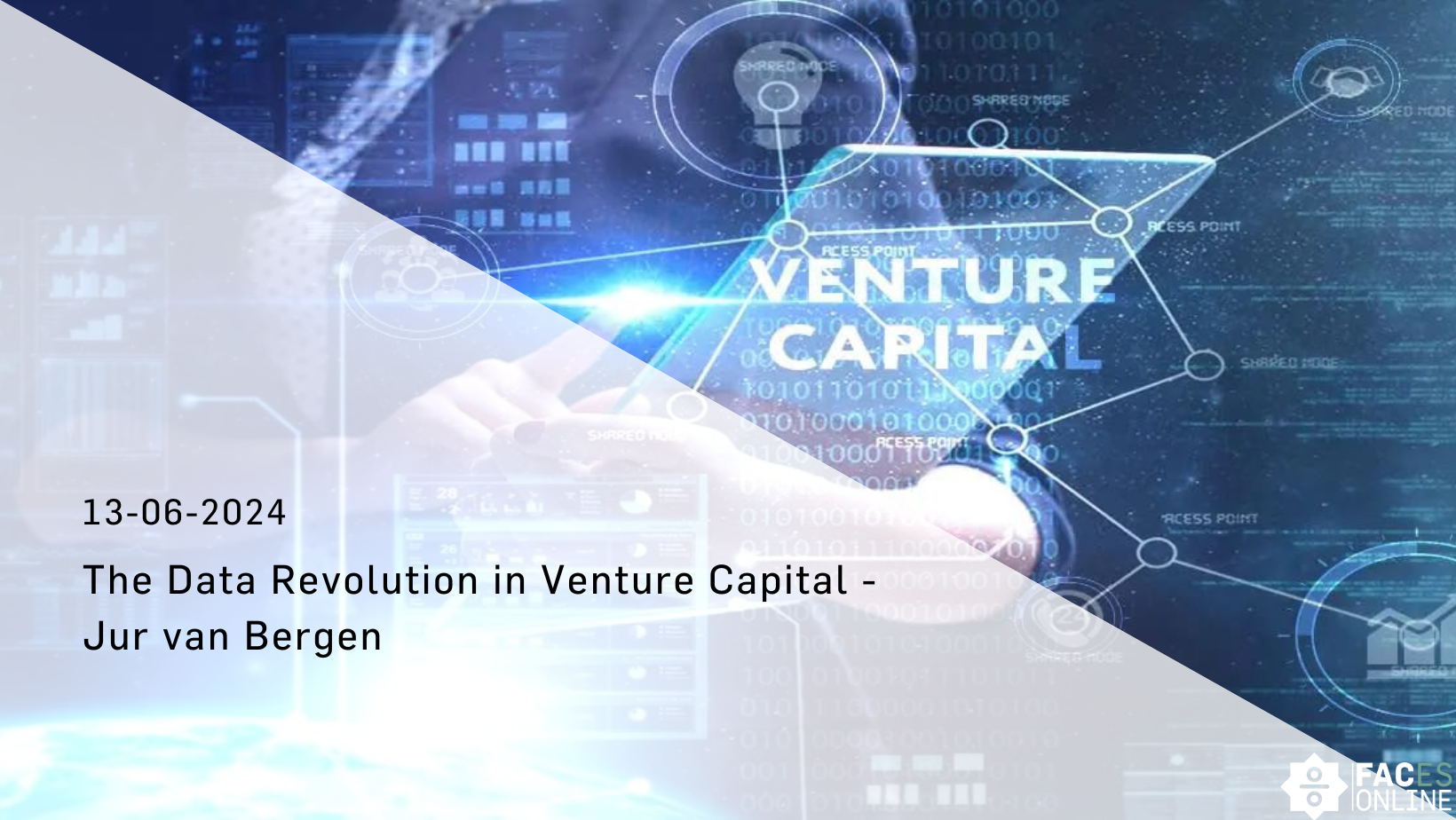Traditionally, venture capital has mainly been a people’s business. It’s all about knowing people. As a venture capital fund, you need to find the best founders and be able to convince them that you are the right investor for them but you also need to be able to keep your own investors happy. If you are a founder you need to reach and convince investors to invest in your startup. Moreover, many, if not all deals happen behind closed doors. As one can imagine, the venture capital industry is plagued by information asymmetry. However, the industry is now being reshaped by data.
One of the biggest trends seen in the industry is the aggregation of data by database providers. Some of the biggest database providers for VC are Pitchbook and Crunchbase. In these databases, one can find anything from the contact information of startup founders to VC fund’s investment strategies and specific deals. These databases allow founders to find investors and vice versa, but also provide insight into the current dynamics of the industry. Additionally, whereas the stock exchange allows for easy price comparison of similar companies, it was nearly impossible to compare deals before the arrival of these databases. With these databases, both startup founders and VC funds are able to better gauge whether they have come to a good deal or not.
While Pitchbook and Crunchbase have been around for quite some time, there are new providers popping up to give an additional edge to VC funds such as Harmonic.ai. These provide additional information by scraping the web such as increases in web traffic, growth in employees on LinkedIn, or incorporation filings. The information was always publicly available, but ease of use clearly gives VC funds the ability to reach more startups.
With these databases, both startup founders and VC funds are able to better gauge whether they have come to a good deal or not.
Issues within the industry
However, the true potential of data within the VC industry still remains untapped. The databases provided by Pitchbook and Crunchbase only provide high-level information with a lack of detail when it comes to deal terms, fund/investment performance, or startup financials. This is of course not unexpected as there is a benefit of the information asymmetry to the VC funds, and this is not helped by the fact that the information in the databases is often self-reported.
Another issue with the data is a lack of standardization in the data formats and metrics across the industry. This can be in terminology, where Cost per Acquisition can refer to the total cost incurred to acquire a new customer, but could also refer to the ad spend per click in digital marketing. Furthermore, there is no consistent usage of metrics across VC funds, with some looking at annual recurring revenue, some at monthly recurring revenue, and others that look at neither and only care about burn rate. As a result, trying to combine the data of different VC firms at a higher level of detail would lead to a lot of missing data points as well as incorrect data points.
However overcoming these challenges is not going to be easy, as VC funds would have to be open about their investments and cooperate with each other. In addition, the data would need to be aggregated in a way that upholds data privacy when it comes to company-specific data, as no startup would want their private data out in public.
Opportunities
The biggest opportunity for data within the VC industry is the creation of predictive analytics models for early-stage startup evaluation. With these models, a better understanding would be created of the factors that drive success in startups. This could help VC funds select the best startups to invest in, and also to provide better guidance to help startups become successful. The application of these predictive models would allow for better risk mitigation in this highly risky asset class, turning VC funds into a more attractive investment opportunity. Ultimately, the integration of data-driven approaches in venture capital holds promise not only for investors but also for entrepreneurs and the broader innovation ecosystem, fostering greater opportunities for sustainable growth and value creation.
Conclusion
All in all, the venture capital industry is undergoing a transformation propelled by the increased availability and utilization of data. While traditional networks and relationships have long dominated the industry, the advent of databases like Pitchbook, Crunchbase, and emerging providers such as Harmonic.ai are providing access to crucial information, reshaping how deals are sourced, evaluated, and executed. However, challenges persist, from information asymmetry and lack of standardization to privacy concerns and the need for greater cooperation among VC firms. While some persist that one’s gut feeling remains unrivalled, when the venture capital community embraces data-driven approaches, it not only enhances its own efficacy but also creates a more robust startup ecosystem poised for sustainable growth and value creation in the years ahead.
















